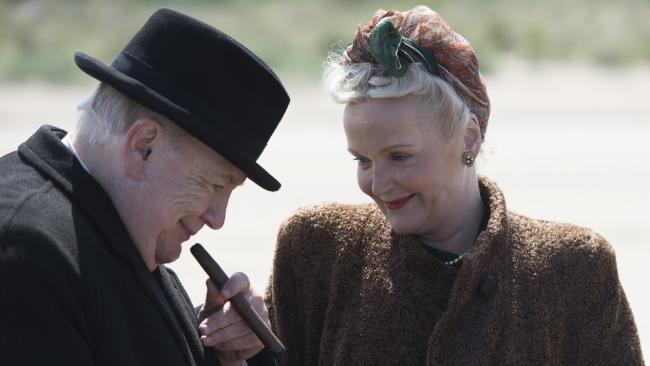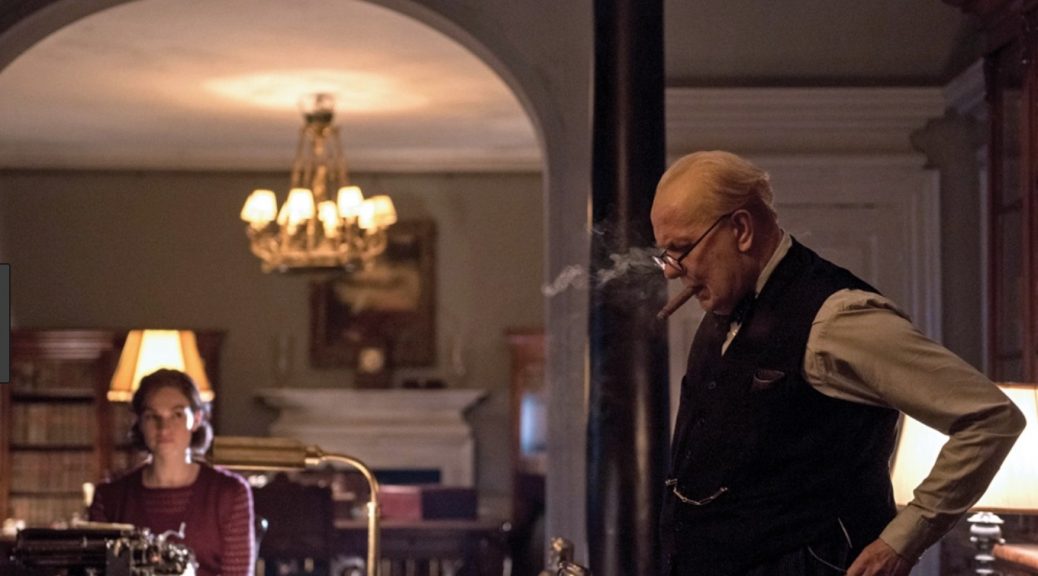

Book, media, audio and video reviews by Richard M. Langworth

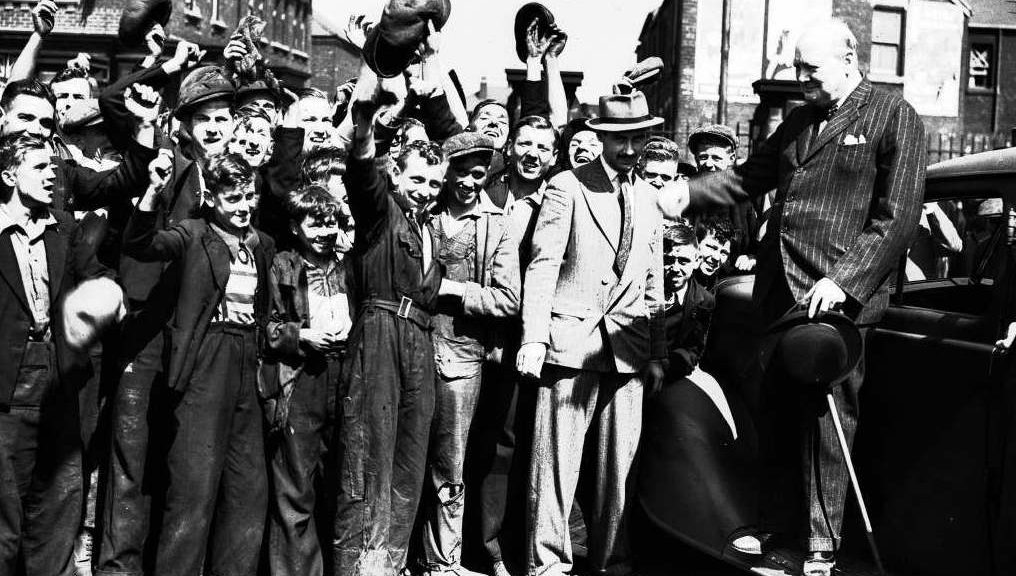
Jane Crowther, editor-in-chief of Britain’s Total Film magazine, had pertinent questions about the new film Darkest Hour. They were forwarded by Lady Gilbert from the website of official biographer Sir Martin Gilbert. Alas he is gone, but Sir Martin’s inspiration continues to guide everyone, as he said, “who labours in the Churchill vineyard.”
Q: Did Winston Churchill ever use public transport while PM, particularly the tube?
Not to my knowledge. His daughter Lady Soames told me he only used the Underground once, and became so lost that he had to be rescued.…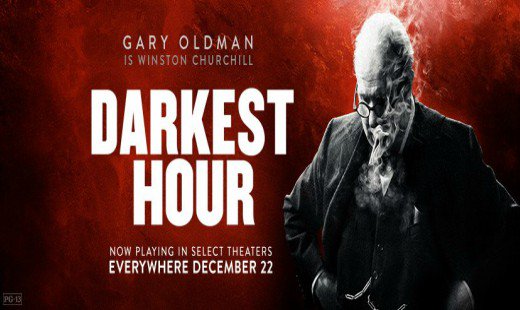
Troy Bramston of The Australian newspaper had pertinent questions about the new movie Darkest Hour, starring Gary Oldman as Winston Churchill. With the thought that Troy’s queries might be of interest, I append the text of the interview.
The Australian : Of all the things Winston Churchill is purported to have said and done, the myths and misconceptions, which are the most prevalent and frustrating for scholars? None of these appear in the film, but there are three things that rankle: 1) The lies—that he was anxious to use poison gas; that he firebombed Dresden in revenge for Coventry; that he exacerbated the Bengal famine, etc.…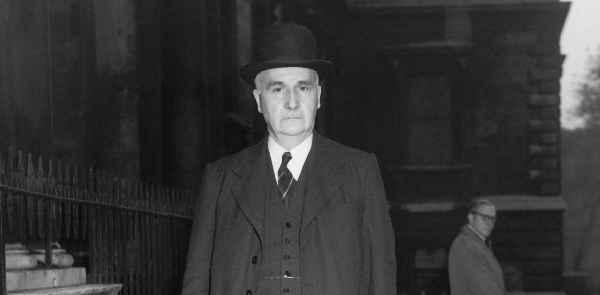
Revisionist History, Season 2, Episode 5, “The Prime Minister and the Prof [ Frederick Lindemann ],” podcast by Malcolm Gladwell.
A popular weekly half hour podcast, Revisionist History takes aim at shibboleths, real and imagined. This episode is Churchill’s turn in the barrel.
Scientific NemesisThe villain, aside from Sir Winston, is his scientific adviser, Frederick Lindemann, later Lord Cherwell, aka “The Prof.” You’ve probably never heard of him, says narrator Malcolm Gladwell. You should have. It was Lindemann who made Churchill bomb innocent German civilians and starve the Bengalis.
Ironically, the program begins with an ad for its sponsor, Chanel Perfume.…
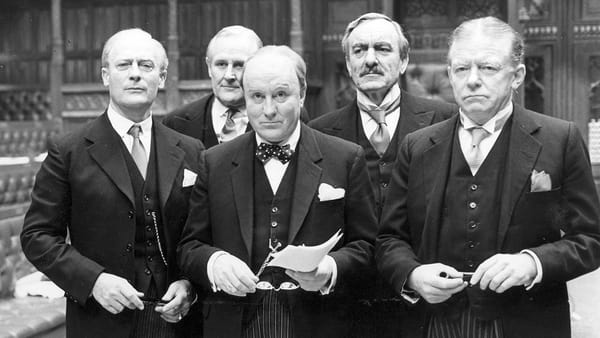
“The Trouble with the Movies” was published in the American Thinker, 5 August 2017.
David Franco, reviewing the film Churchill, starring Brian Cox, raises questions he says everyone should be asking. “Isn’t the ability to accept one’s mistakes part of what makes a man a good leader? …. To what extent should we rely [on] past experiences in order to minimize mistakes in the future? These are the questions that make a bad movie like Churchill worth seeing.”
Well, I won’t be seeing this bad movie. Described as “perverse fantasy” by historian Andrew Roberts, it joins a recent spate of sloppy Churchill bio-pics that favor skewed caricatures over historical fact.…
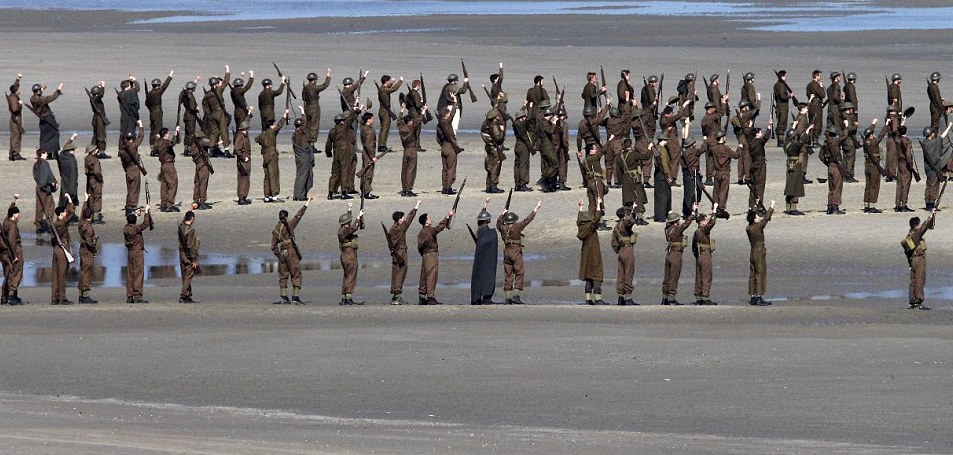
(Reviewed for the Hillsdale College Churchill Project.) Dunkirk, produced by Christopher Nolan, sets out to portray the 1940 rescue of the Allied armies from the clutches of Hitler’s Wehrmacht in terms of courage, heroism, survival, and a few examples of cowardice. In that he succeeds admirably. In terms of context—in conveying an understanding of what Dunkirk was about—he fails utterly.
Drama Sans MeaningMr. Nolan says context wasn’t the aim. Dunkirk is about communal togetherness and universal goodness. But that could be shown on any beach in any war in the last hundred years from Gallipoli to Normandy to Inchon.…
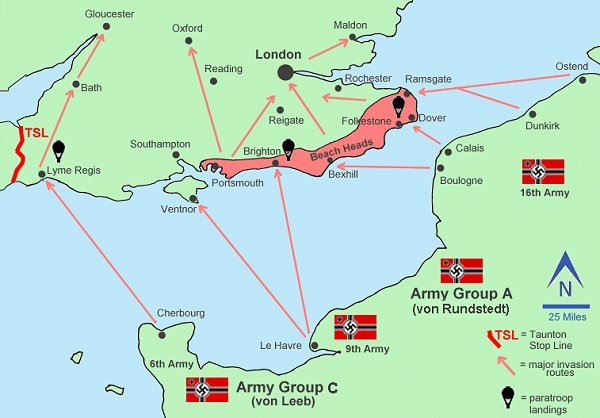
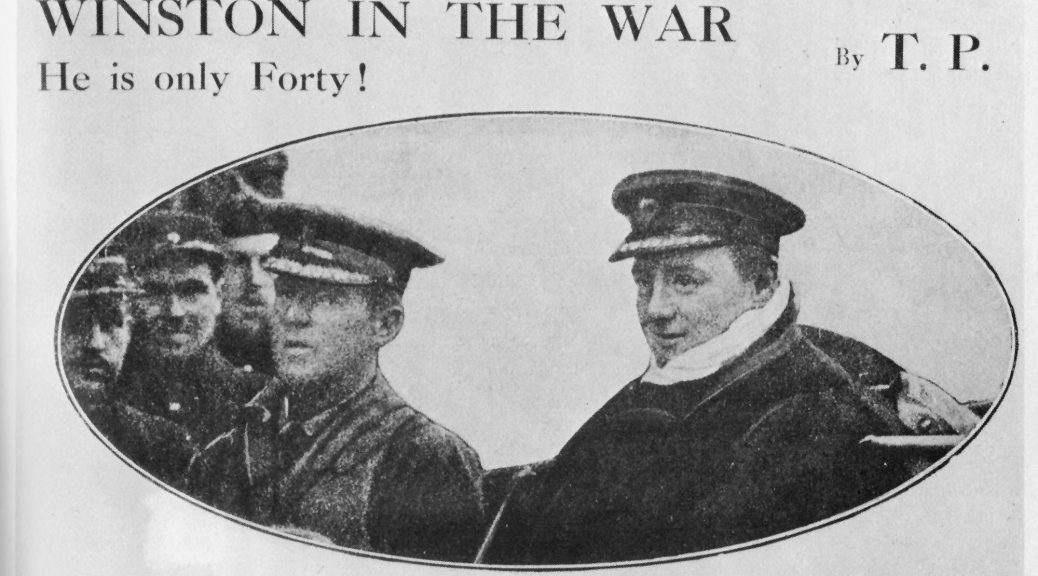
Churchill’s role in the defense of Antwerp, in October 1914, has been called one of his “characteristically piratical” adventures. An eminent historian described it as “a shocking folly by a minister who abused his powers and betrayed his responsibilities. It is astonishing that [his] cabinet colleagues so readily forgave him for a lapse of judgment that would have destroyed most men’s careers.”1
As the Germans closed in around Antwerp, Max Hastings writes, Churchill “assembled a hotchpotch of Royal Marines and surplus naval personnel… his own private army.” Then he “abandoned his post at the Admiralty.”…
